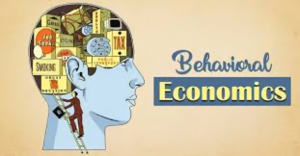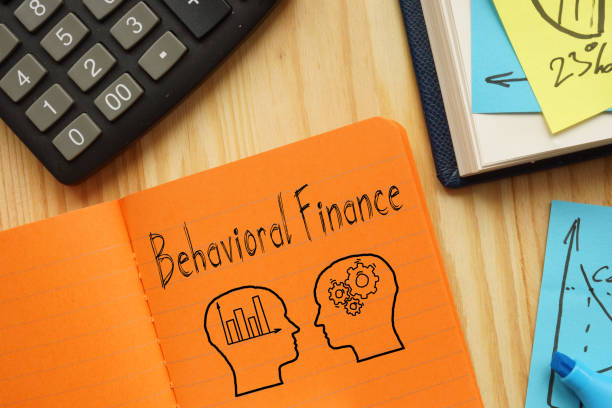Debt frequently plays a significant role in Behavioral Economics of Debt, despite its complexity. Instead of focusing solely on statistics and interest rates, it investigates the intricate mechanisms that underlie human behavior and decision-making. This essay will examine the Behavioral Economics of Debt to gain a deeper comprehension of why people borrow and how to manage their debt.
The Mental Aspects of Borrowing

There are a lot of psychological factors that influence people’s actions when they take out loans. The distinction between quick reward and delayed satisfaction is an important consideration. People frequently borrow money to satisfy their short-term desires without considering the consequences in the future. This tendancy has a significant impact on our evolutionary past because we prioritized immediate rewards for survival.
The society in which we live has a significant impact on our borrowing habits. Peer influence and social norms Most of the time, people borrow money because they feel pressured to in order to keep up with their friends or society’s standards. People who suffer from FOMO may feel compelled to borrow money in order to participate in the activities or acquire the possessions of others.
Mental Predispositions: Behavioral Economics of Debt
That Affect Decisions We are also susceptible to cognitive biases like the optimism bias and the present prejudice, both of which have a significant impact on the decisions we make regarding borrowing money. Because of their optimism bias, people tend to minimize the likelihood of bad things happening, such as not being able to repay debt. Because people are more concerned with the present than they are with the future, borrowing money seems more appealing than saving money.
Impulsive borrowing is common because our emotions influence our financial decisions. Affective triggers and money routines People who are going through a wide range of emotions, including but not limited to stress, worry, and happiness, frequently use credit card debt as a coping strategy. You need to learn to recognize and control these emotional triggers if you want to keep your finances in order.
The Role of Advertising and Marketing

Banks’ and retailers’ Behavioral Economics of Debt are related to the Behavioral Economics of Debt. Due to misleading advertising and promotional offers, people frequently borrow more money than they need or can afford. Quick approval and easy financing can make it hard to make rational decisions.
Planning for effective debt management is just as important as understanding the behavioral aspects of debt. Efficiently managing debt Consider the following suggestions:
1. Create a Budget and Stick to It:
Creating a budget is one way to monitor one’s income and expenses. Pay off your debts by setting aside money each month, paying off your highest-interest loans first.
2. Prepare for the Unexpected:
Having an emergency fund can act as a safety net in the event of unexpected expenses or a decrease in income. Keep a savings account with enough money to cover your expenses for three to six months.
3. Avoid borrowing on a whim.
charging something to your credit card, carefully consider whether it is a need or a want. Save up money in advance rather than taking out a loan for things you don’t really need.
4. Get in touch with your creditors to see

if you can negotiate a lower interest rate or if you can combine your high-interest obligations into a single, smaller loan. Work for a reduction in interest rates. When interest rates drop, borrowing money becomes significantly less expensive.
5. If you need assistance setting up
a repayment plan or managing your debt, talk to a financial advisor or credit counselor. They are able to provide individualized guidance based on your particular financial circumstances.
conclusion
The Behavioral Economics of Debt lays out the intricate connection that exists between people’s mental processes and their financial decisions. A person’s ability to manage their finances depends on how well they understand the factors that encourage borrowing. By carefully budgeting, planning, and avoiding impulsive borrowing, one can achieve financial stability and tranquility.
